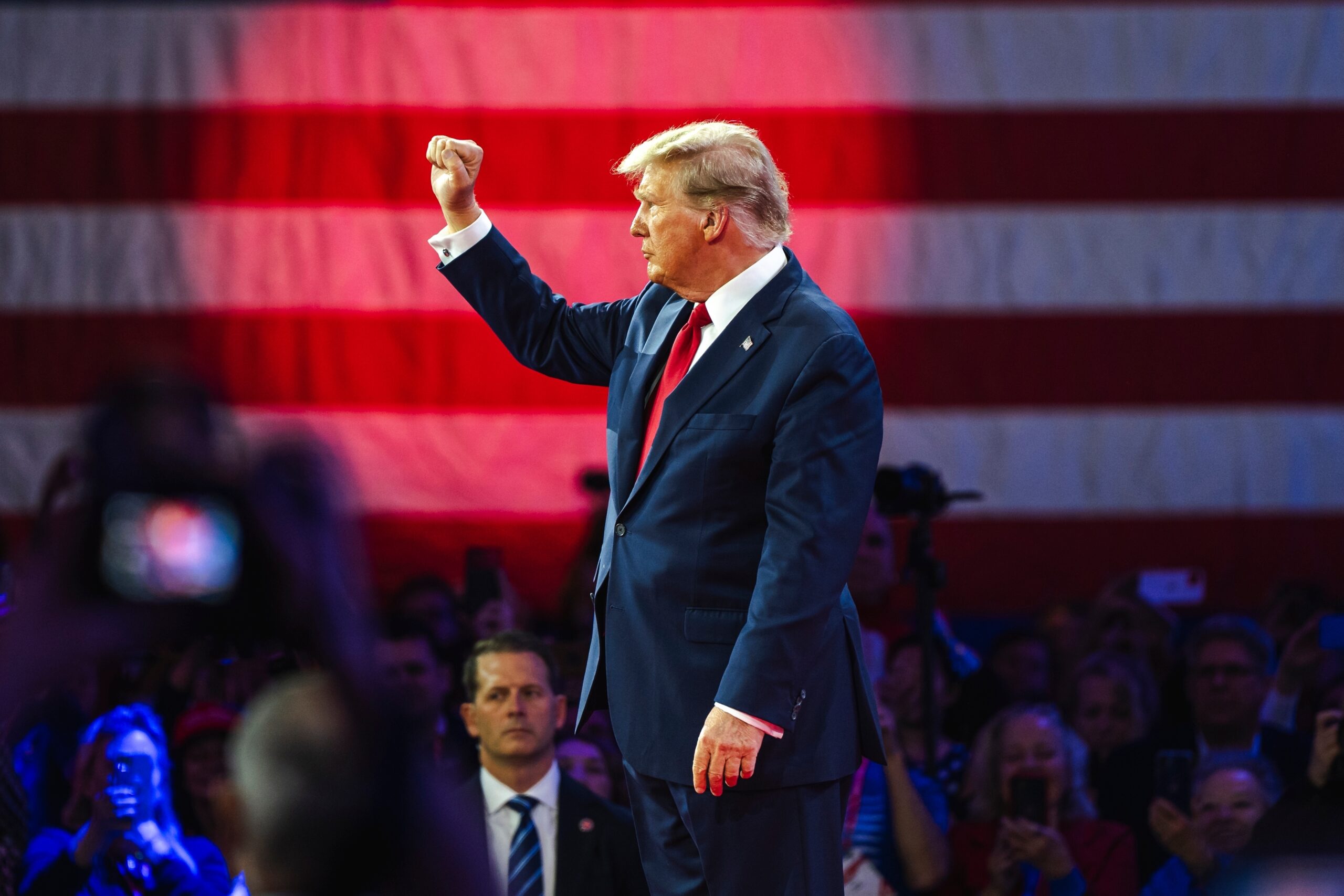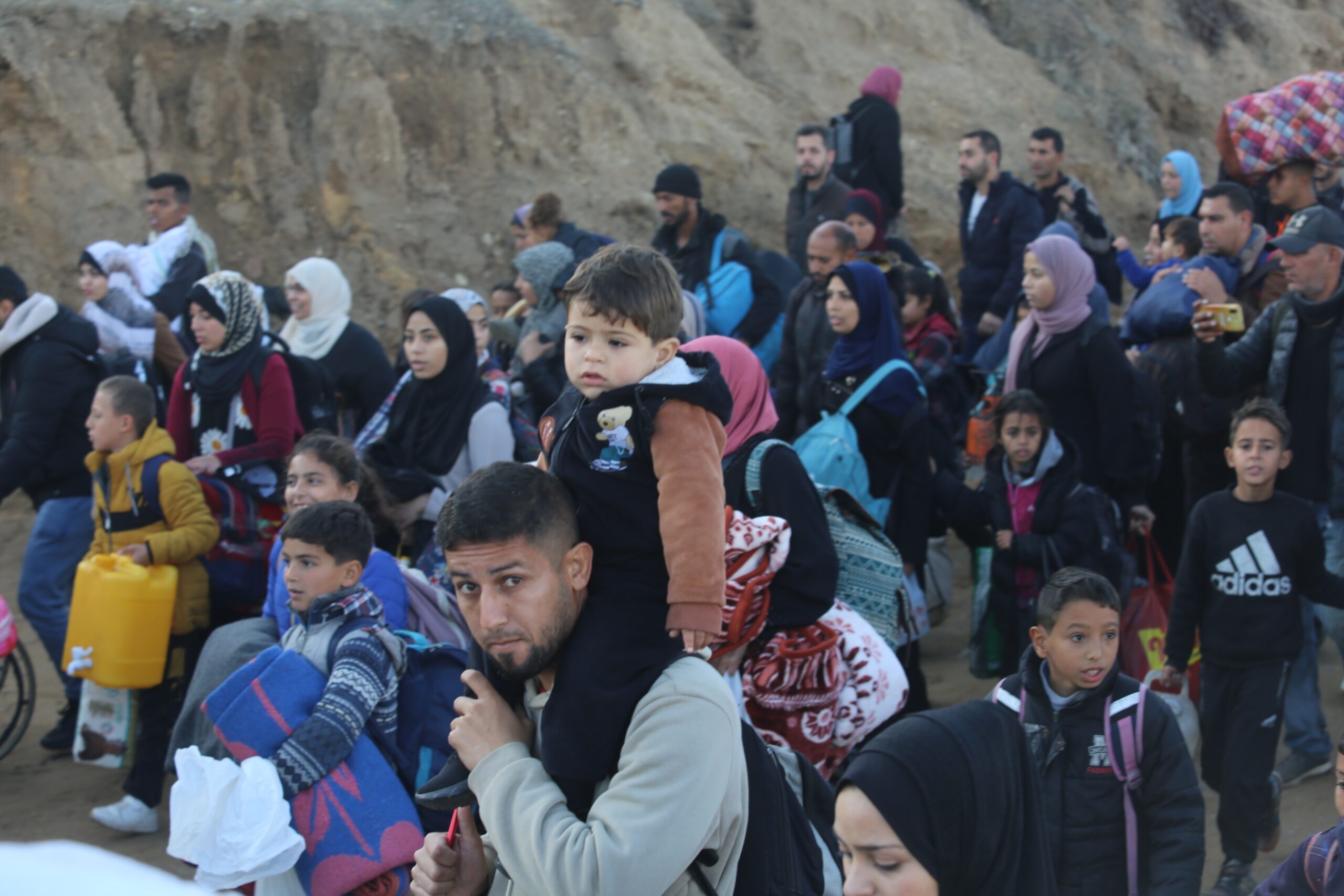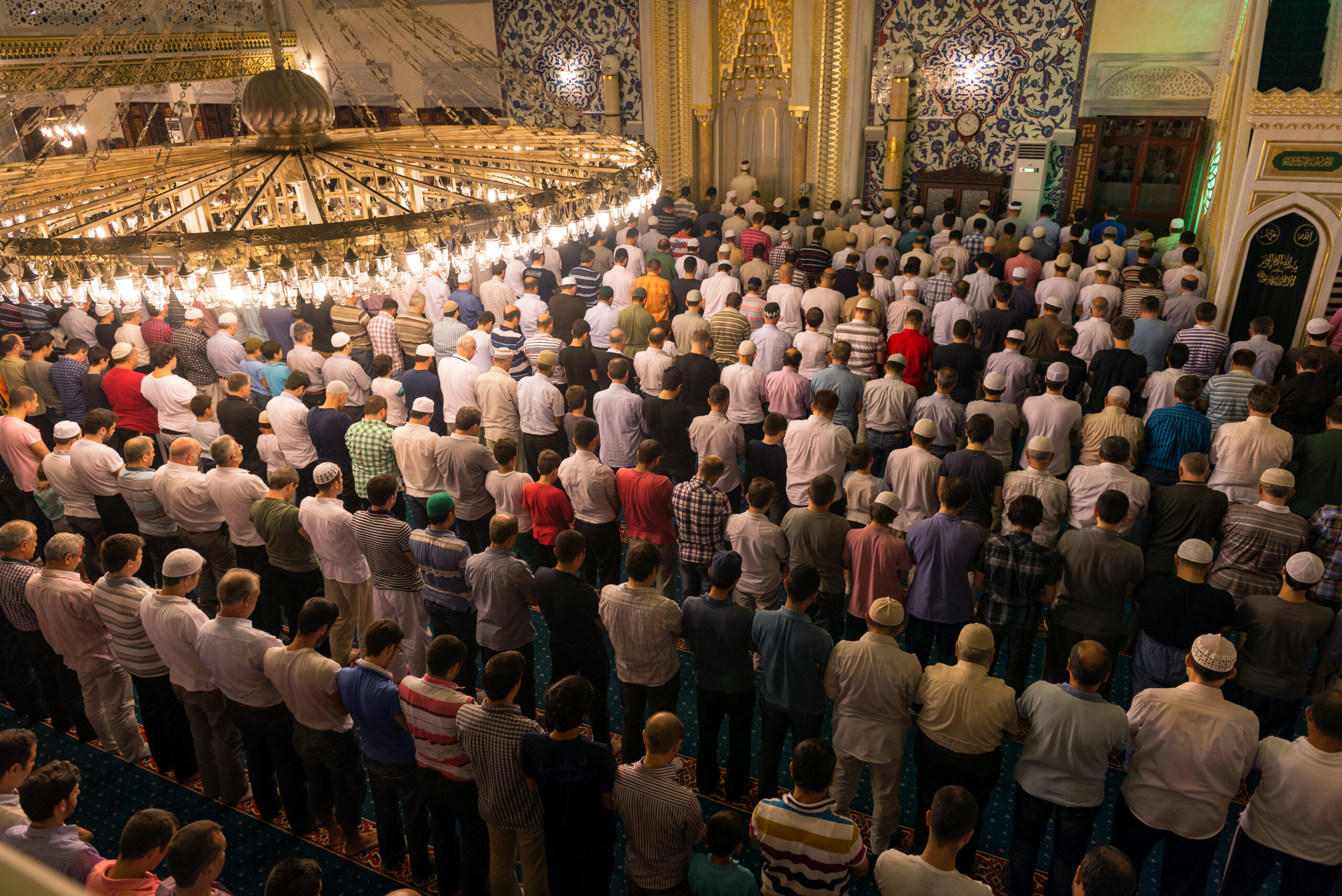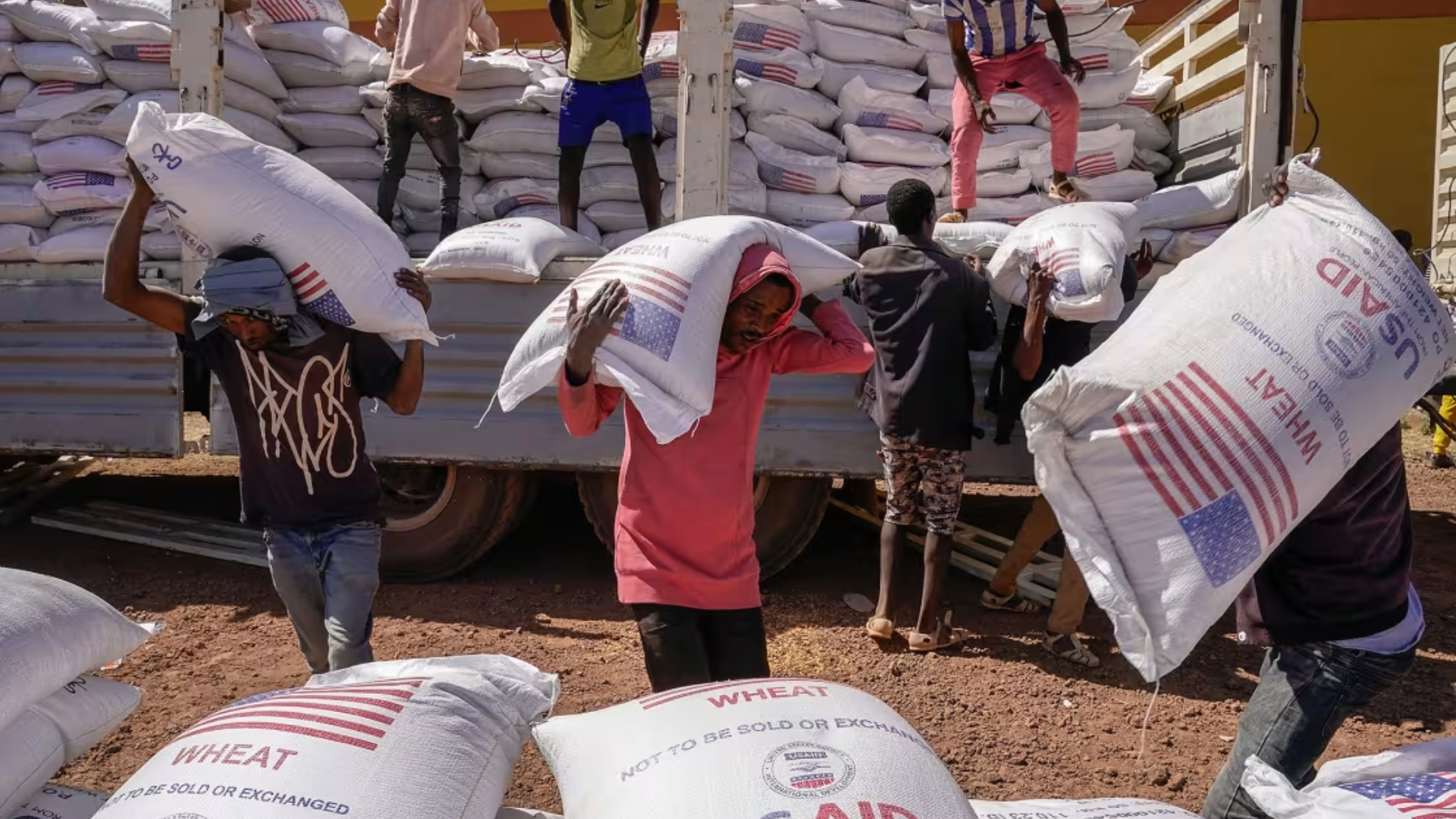Trump’s New Tariffs: The Rising Cost of Living, Trade Wars, and How NGOs Can Respond
February 7, 2025

In early February 2025, President Donald Trump announced the imposition of significant tariffs: a 25% levy on imports from Canada and Mexico, and a 10% tariff on goods from China. Energy imports from Canada were subjected to a lower 10% tariff. These measures were justified by the administration as necessary to address issues related to illegal immigration and the influx of fentanyl into the United States.
Incitement of a Trade War
The introduction of these tariffs has heightened tensions among major trading partners, leading to concerns over a potential trade war. Canada and Mexico have signaled intentions to implement retaliatory tariffs on U.S. goods, which could escalate the situation further. Such actions risk disrupting established trade relationships and may lead to a cycle of retaliatory measures, adversely affecting global trade dynamics.
Impact on Cost of Living
The tariffs are anticipated to increase the cost of various consumer goods in the United States. Products such as avocados, automobiles, electronics, and gasoline, which are commonly imported from the affected countries, are expected to see price hikes. Economists estimate that these increases could add approximately $1,200 to the annual expenses of the average American household.
Food Security and Life Chances
Higher tariffs on agricultural imports from Mexico and Canada could disrupt food supply chains, leading to increased prices and potential shortages of certain food items. This scenario poses risks to food security, particularly for low-income populations who may find it challenging to afford essential goods. Elevated living costs can also strain household budgets, limiting access to healthcare, education, and other critical services, thereby adversely affecting individuals’ life chances.
Mitigation Strategies for NGOs
Non-Governmental Organisations (NGOs), both domestic and international, can undertake several actions to mitigate the adverse effects of these tariffs:
- Advocacy and Policy Engagement: Engage in dialogue with policymakers to communicate the negative impacts of tariffs on vulnerable populations and advocate for exemptions or policy adjustments.
- Supply Chain Diversification: Explore alternative sourcing options in countries not affected by the tariffs to ensure the continued availability of essential goods and services.
- Community Support Programs: Implement programs aimed at assisting affected communities, such as food assistance initiatives, financial literacy workshops, and support for small businesses adapting to the new economic environment.
- Public Awareness Campaigns: Educate the public about the implications of the tariffs and promote community resilience strategies to cope with rising costs.
- Collaboration with International Partners: Work with international organizations to monitor the global impact of the tariffs and coordinate responses to mitigate adverse effects on global trade and food security.
By proactively addressing these challenges, NGOs can play a crucial role in supporting communities and individuals affected by the new tariffs, helping to alleviate potential hardships and promote economic stability.
To further the mission of understanding these challenges and devising solutions, we invite you to join the Global Donors Forum (GDF) in Istanbul on the 14th-16th April 2025, a unique platform bringing together high-level senior leadership from Muslim charities and philanthropy organisations. The GDF will host vital conversations, fostering discussions that lead to practical solutions, enhanced networking, and strengthened collaboration. By participating, donors and organisations can explore innovative strategies to maximise their impact and address pressing global and local challenges more effectively.
Join us in shaping the future of Muslim philanthropy. Be a part of the conversation, contribute to meaningful change, and work alongside others committed to making a lasting difference. Together, we can transform the power of our organisations giving into sustainable, high-impact solutions for communities in need.



